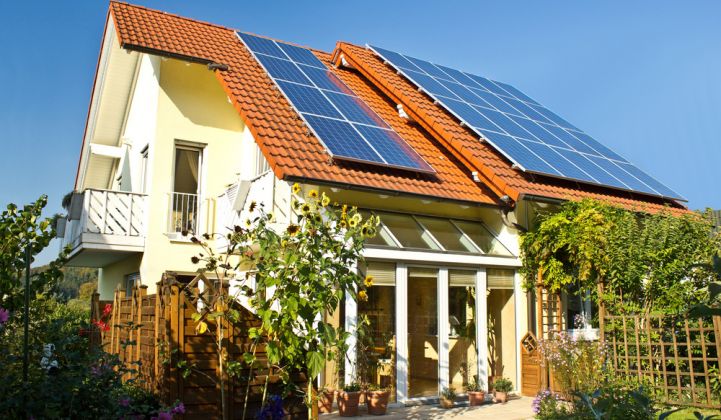Energy prices in India are climbing, and supply, while growing, is not keeping pace with steep demand. Solar power despite initial challenges is becoming a multibillion-dollar opportunity.
Coal is becoming more difficult to obtain, sources of domestic gas are shrinking, and there is more focus than ever on sustainability. The result: Stakeholders are scaling back expectations that conventional energy sources can fulfil India’s power needs. India’s renewed focus on solar power—led by the Jawaharlal Nehru National Solar Mission (JNNSM)—could not have come at a better time.
Solar will become a crucial component of India’s energy portfolio in the next decade—perhaps more so than it is in most other countries. We believe a solar market can develop fairly quickly— going from nothing to several billion-dollar solar-centric firms within a decade.
India’s solar market could be worth billions of dollars over the next decade
India’s solar potential is real enough—and the support environment improving fast enough—to forecast a $6 billion to $7 billion capital-equipment market and close to $4 billion in annual revenues for grid-connected solar generators over the next
Project execution, financing, and localisation are crucial
A frugal cost base will be at the core of successful Indian solar ventures. As the number of projects and players increases, procurement effectiveness will become a hygiene requirement. Longer-term value will come from efficiently executed projects, low-cost (and often innovative) financing, and localisation.
Local players will dominate the downstream solar industry.
In contrast to the global nature of the upstream industry (solar modules), we expect local, or at least localised players to dominate the downstream side, including project development, installation, and distribution, in the initial phase. Given sufficient time to fine-tune their business models, global players entering India for the first time can prosper. Entering and learning the ropes early will be important for both local and global players.
Global prices for photovoltaic (PV) modules are dropping, reducing the overall cost of generating solar power. In India, this led to a steep decline in the winning bids for JNNSM projects. With average prices of 15 to 17 cents per kilowatt hour (kWh), solar costs in India are already among the world’s lowest. Given overcapacity in the module industry, prices will likely continue falling over the next four years before levelling off.
To go solar with Zunroof please fill below form and you will get a call within 24-48 hours

